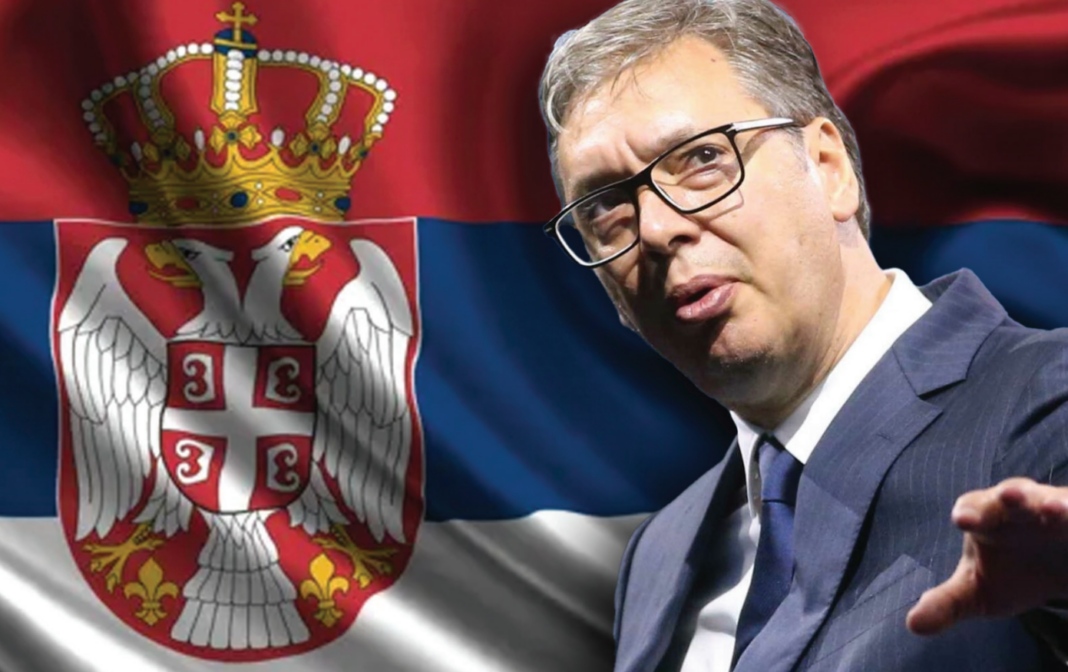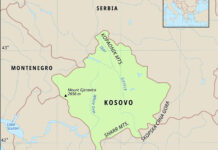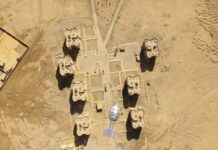In Serbia, there has long been a strong pro-Russian and anti-Western sentiment among the citi- zens, and the Serbian authorities rely on Russia and China for fulfilling part of their foreign pol- icy, military, security, and economic interests. Over the past ten years, cooperation with these countries has significantly improved. Serbia is also the only country in the Western Balkans that has not imposed sanctions on Russia for its invasion of Ukraine. All of this is happening even though the ruling Serbian Progressive Party (SNS) and its leader, Aleksandar Vučić, remain com- mitted to Serbia’s membership in the European Union (EU) and maintain military cooperation with Western countries. For this reason, part of the Western and domestic expert community has been warning for years that Serbia does not want to integrate into Euro-Atlantic structures, but is actually a “little Russia” in the Balkans, acting as its proxy.i And, due to the intensification of cooperation with China, Serbia is viewed also as an anti-Western bastion in the region.
However, in recent years, strong opposing claims have emerged, suggesting that Serbia’s public cooperation with Russia and China is actually masking its firm movement toward the West.iii Supporting this argument are facts such as Serbia having more developed military cooperation with the West than with the East, having exported nearly a billion dollars’ worth of ammunition to Ukraine,iv which is four times more than, for example, Croatia, a NATO member,v and having a strong intention to allow a Western company to mine the strategic mineral lithium in Serbia. Consequently, Western countries should have more understanding for Aleksandar Vučić’s gov- ernment and should not take a harsher stance toward Serbia due to its foreign policy misalign- ment with the EU.
However, the situation regarding Serbia’s strategic orientation is not so clear-cut and binary. To provide an assessment of Serbia’s position and the direction it is moving, a much broader spectrum of factors must be included in the analysis,vi which will be done further in the text. It will analyse the nature of Aleksandar Vučić’s government, its ideological foundation, the state of Serbia’s EU integration and alignment with the Common Foreign and Security Policy (CFSP), the dynamics of relations with Russia and China, the reporting of pro-government media on major Western and Eastern countries, and how this shapes Serbian public opinion. Before offering a conclusion, the main arguments supporting the thesis that Serbia is strategically turning to-ward the West will also be examined.
You can read the policy paper at this link.








